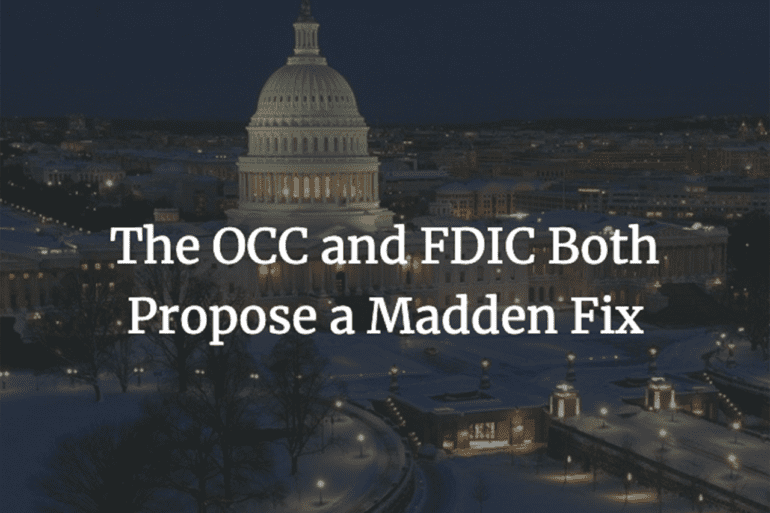Passporting could increase fintech competitiveness across Europe as the UK prepares to leave the European Union; passporting would lower regulatory requirements for fintech firms in the European Union allowing them to operate more freely across Europe; it would also create greater incentive for firms to move their business to the European Union and away from London; the European Commission has launched a three month consultation period on passporting and new legislations for fintechs which will be followed with legislative proposals; on Thursday, March 23 the European Commission also published a plan for European Union financial services companies that will focus on reducing costs and increasing consumer protection. Source
Patrick McHenry is one of the most proactive advocates for fintech in Congress; at LendIt USA 2017 he provided his insight from Congress on fintech and also spoke with Lend Academy in their podcast; his views are framing many of Washington D.C.'s legislative debates and his legislation, the Financial Services Innovation Act of 2016 (HR 6118), could be a significant factor helping to support future fintech innovation in the US. Source
The US Senate's Banking Committee majority leader says a full reform of Dodd-Frank is unlikely but the Committee will seek to pass targeted reforms; the Banking Committee majority leader also sees larger regulatory changes coming mainly from the independent agencies; the outlook means the Financial Choice Act led by House Financial Services Committee Chairman Jeb Hensarling is also unlikely to be passed in the Senate; "The Choice Act is our omnibus legislation, but we will also reintroduce its component bills," says Hensarling; a previous executive order from President Trump which halts new federal regulations or requires regulators to repeal two rules for every new one issued is also slowing the regulatory process. Source
In a speech last week to the US Chamber of Commerce, CFPB Richard Cordray provided thoughts geared towards fintech companies stating, "One message we are sending to the industry is, you are not going to be able to take advantage through arbitrage of our regulatory system. It's not fair for you to not have to meet the same expectations that banks have to meet. If you're trying to get an advantage by not meeting the same standards, that is not acceptable and we're trying to send that message loud and clear."; Cordray also spoke on finding the right balance of fintech regulation, modernizing regulations and the Bureau's look at debt collectors and payday lenders. Source
Representative Patrick McHenry says Dodd-Frank reform is not likely to make it to the House of Representatives until June or July; he is confident in major changes for the regulation from the House of Representatives however he foresees opposition from Senate democrats; in an interview with WSJ Pro Financial Regulation he also provided his insight on a range of regulatory aspects which could be integrated into legislation in various ways. Source
The international group of regulators called the Global Financial Innovation Network (GFIN) has expanded to 29 countries and is inviting...
When LendingClub’s founder and then CEO Renaud Laplanche testified before congress in December 2013 he was asked what the federal...
I was in Washington DC last week for the fourth annual Online Lending Policy Summit. This one day event is...
The Madden saga has been plaguing the marketplace lending industry for years now. We have covered this issue on Lend...
The Federal Reserve made several changes to the Main Street Lending Program on Monday that should result in more businesses...




